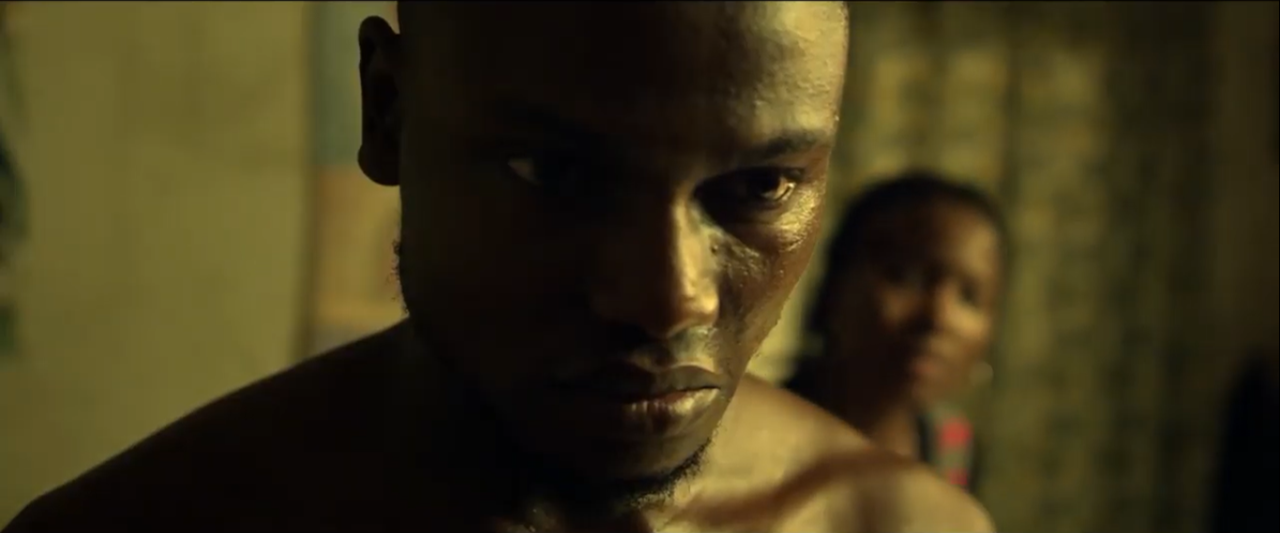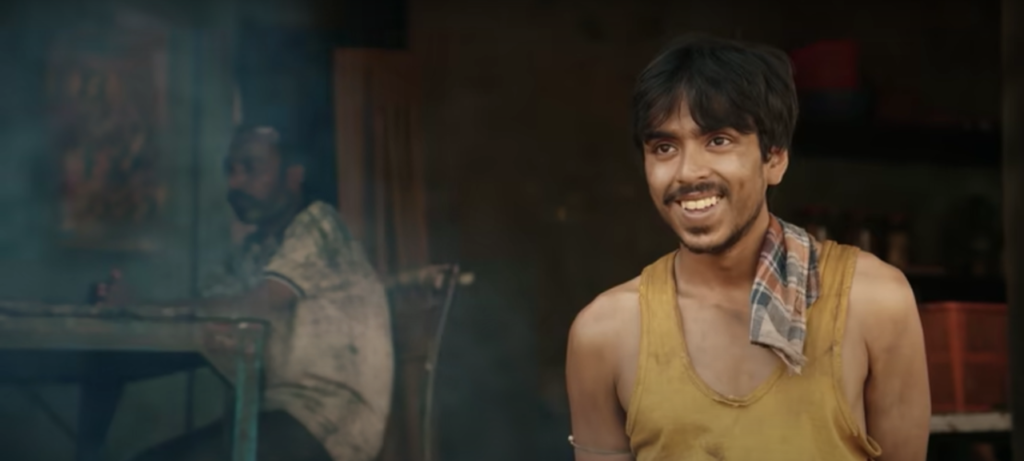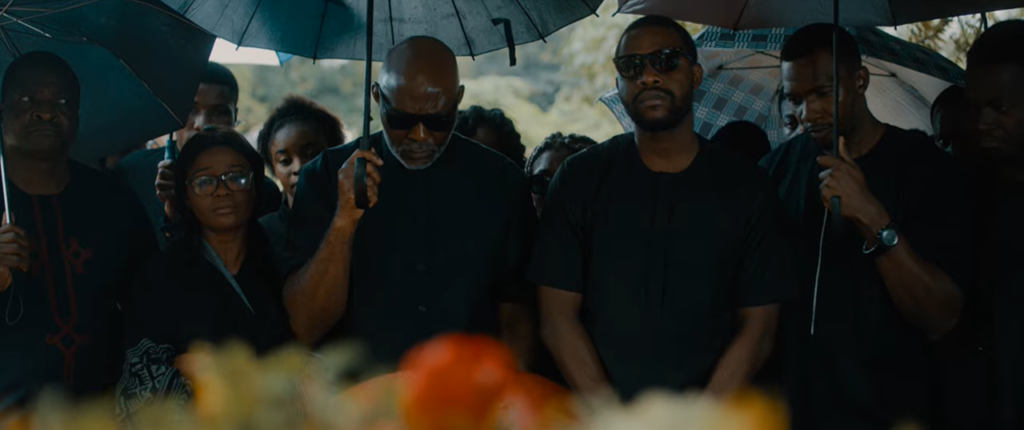“The Delivery Boy” was touted as one of the best Nollywood films in 2018. Upon its release, the film seemed the toast of film festivals screening at the African Film Festival New York, Lights, Camera, Africa, Nollywood Week Paris, and the Africa International Film Festival (AFRIFF) among others.
“The Delivery Boy” made its debut on Netflix in May 2020 to much excitement and hype. The film’s director, Adekunle Adejuyigbe, even called for reviews.
Those who watch “The Delivery Boy” without watching the trailer might not not know what to expect. The film’s title also does not give much away. But by the time the premise of the film becomes clear, it’s worrisome that at 66 minutes the film might be too short to do justice to the premise. However, this Nigerian drama turned out a pleasant surprise.
Adejuyigbe’s story explores child abuse and terrorism with dialogue in English, Hausa and Pidgin English. The screenwriter and director presents a relatable perspective of how children become victims of religious fundamentalism amid other vices. At the centre of the story is Amir (Jamal Ibrahim), a radicalised teenager who has been scarred for life. He wants to take revenge against those to whom he should owe his life.
Ibrahim gets strong supporting actors in Jemima Osunde who plays Nkem – a commercial sex worker, and Charles Etubiebi as Kazeem. Osunde in “The Delivery Boy” is nothing like fans have seen before. Neither the pretty heiress in “New Money” nor the charming Leila in the MTV Base series “Shuga.” Still, she gives a commendable performance. Her character carries two scars, one hidden in her heart and the other very evident on her face. However, the make-up seemed exaggerated.
Nkem’s scars make her identify with Amir. Whilst Amir has no right to be moralistic, he considers himself a victim of circumstance and points accusatory fingers at Nkem. Nonetheless, they end up forming an unholy alliaince because Nkem quickly puts the insults behind. All she sees is a business transaction and she’s got one very pressing bill to pay.
Another standout message from “The Delivery Boy” is how celebrities make miserly donations to charity such as cartons of instant noodles whereas the homes could do with some financial support. That scene brings to mind a highly publicised visit by an international supermodel to a charity in Lagos. The visit even earned a feature on CNN. The quality of the donations, no fault of the celebrity and clearly a victim of poor advisement by perhaps her local publicists, underscore Adejuyigbe’s point.
As for the setting for the film, it is apt. Nothing flattery. The reality. One snag though, was when Ofili, the terrorist group scout, offered a ride to the man who had just let-up a knife to this neck. It seemed an unnatural move. Moreover, with his life hanging on a thread.
After all said, is “The Delivery Boy” worth the hype? It is certainly different for a movie coming out Nollywood. Watch out for the plot twist at the end.




